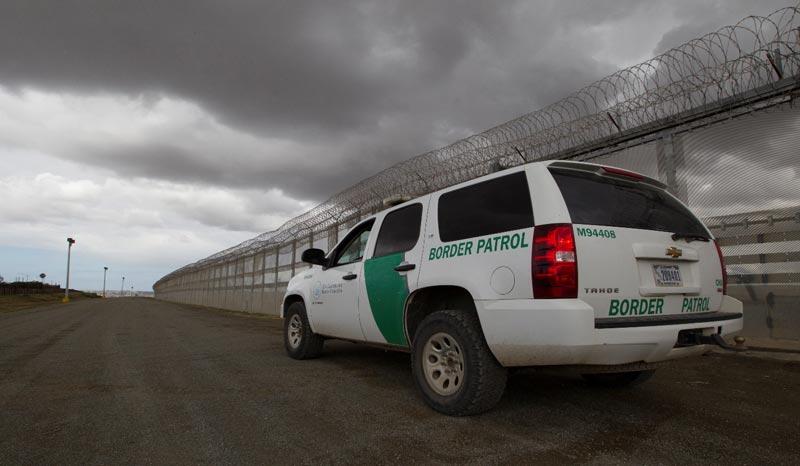(ThyBlackMan.com) When we begin to make plans toward building or buying a home, we typically think about the down payment, the insurance cost, and of course the monthly mortgage payment. Those are our automatic responses and they form the most common advice we receive from friends and family.
But when the time comes to sign the dotted line, we may quickly find that there are a lot of other costs that we never took into consideration. In the worst-case scenario, these add-ons can complicate things to the point of creating real financial strain.
It’s intimidating, but the good news is that a little prevention and planning can help you work around those expenses. It’s at this point that you have to start dealing with the daily costs of operating a  home. And yes, you do operate your home. From a financial perspective, you should view it as a business.
home. And yes, you do operate your home. From a financial perspective, you should view it as a business.
Once you’ve survived the startup costs, you have to think in terms of the long-term investments. Skimping on these might seem okay for a few years, but any of them will cause very expensive regret sooner or later.
Security
Because alarm systems aren’t built into many homes, we get the mindset that they’re optional. And while many homes will never be burglarized, every mortgaged home will be insured. Any good insurance carrier will give you a significant discount on your homeowner’s policy if you have an alarm.
The potential to cut those premiums is a big incentive to install an alarm system, so the best choice is to get one. Click here to learn about the process of getting an alarm.
Preventive Maintenance
Most people think that as long as everything works, there’s not a problem. The reality is that trouble can be brewing long before anything shows up. The heating system fails on a snowy night, or blistered paint reveals termite damage inside. There are countless others.
Simple things like clean furnace filters and termite inspections are far cheaper than the problems they’re designed to prevent, so don’t go cheap on these items of upkeep.
Water Management
Water is the single best threat to the structural soundness of our homes. The shifting, rotting, and other damage that can result from invading water can be incredibly expensive to repair.
Most homes are very well built to withstand the persistent advance of rain and snow, but often, the site around the home isn’t as well-planned. Runoff can accumulate against the foundation, gradually creating leaks. Make sure that your lot drains well, and that your gutters work.
Other Site Issues
Apart from direct water problems, you can also run into issues with flooding. Review floodplain data before buying or building. If you’re near the coast, investigate hurricane data.
And to the other extreme, consider fire danger. Make sure that you educate yourself about keeping fires from forests or fields from spreading to your home. If it’s an issue, invest some money in mitigation to remove fuel from the path of a potential fire. And make sure that if the unthinkable happens, your driveway is wide enough and solid enough for fire trucks to protect your home.
Energy Efficiency
The best heating and cooling system in the world will still use too much energy if you don’t make plans to help it. Planting a large shade tree on the sunniest side of your house will capture a large percentage of the sun’s energy and keep your AC from having to work expensive overtime to maintain a comfortable temperature.
There is nothing in these suggestions that will break the bank. Many of them represent an ounce of prevention that will head off a pound of cure, so it definitely balances out. The key is to think in terms of the overall site, the function of the home, and the outside factors that contribute to the cost of keeping your home intact, comfortable, and affordable.
Staff Writer; Leroy Shaw




















Leave a Reply